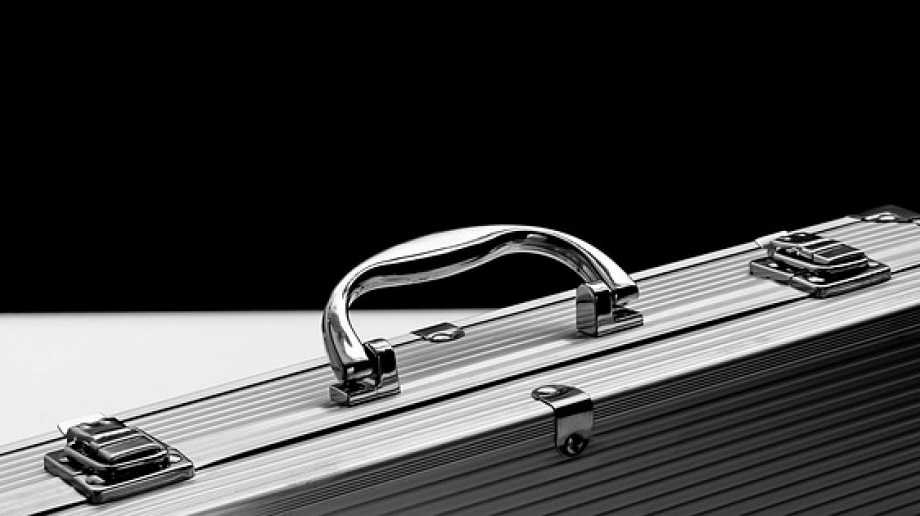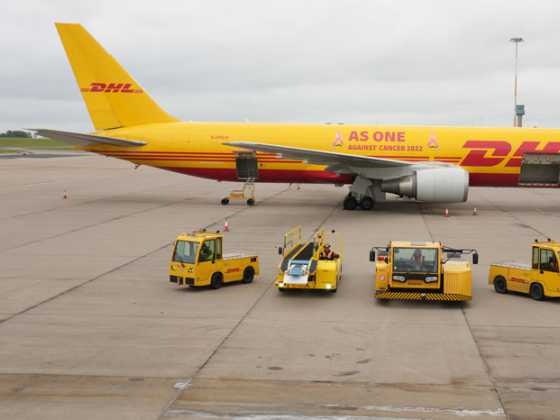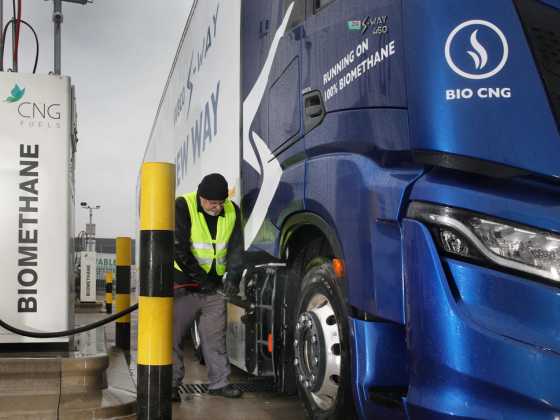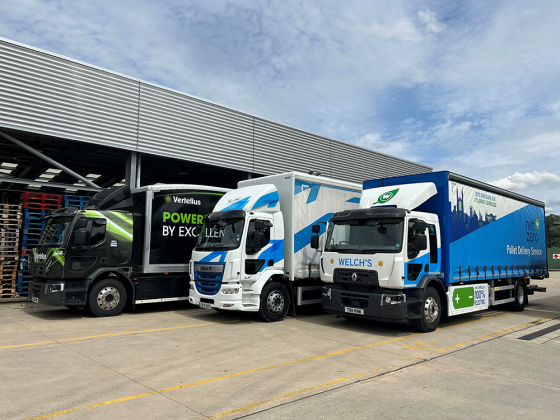Autumn Budget 2017: What it means for fleets

The chancellor Phillip Hammond has outlined measures that will raise taxes on diesel vehicles that do not meet the cleanest standards, which has faced some criticism from the fleet industry. Electric vehicles and infrastructure however have received a boost
The chancellor Phillip Hammond has outlined measures that will affect vehicle tax, fuel duty, BIK rates and motoring taxes, as well as improve the electric vehicle sector.
Fuel duty has yet again been frozen, and the existing benefit-in-kind (BIK) rates for the diesel supplement, which is currently three per cent above petrol rates, will increase by one per cent.
As of April next year, diesel rates will be four per cent higher than petrol and alternatively fuelled cars.
A new £400 million charging infrastructure fund has also been announced, with a further £40 million available for EV charge point R&D.
Hammond went on to say that the government “will clarify the law so that people who charge their electric vehicles at work will not face a benefit-in-kind change from next year”.
The Plug-in Car Grant (PiCG) is guaranteed until 2020, giving it a two-year extension, and it will also receive a £100 million boost.
In terms of Connected and Autonomous Vehicles (CAVs), new law changes are set to allow fully-driverless cars on the road in the UK without a human present by 2021.
The government’s Air Quality plan, which was detailed earlier this year, is set to be funded through taxes on new diesel.
As a result, from April 2018 the first year VED rate for diesel cars that don’t meet the latest standards will go up by one band.
Hammond said: “Drivers buying a new car will be able to avoid this charge as soon as manufacturers bring forward the next-generation cleaner diesels that we all want to see.”
However, it was made clear that this will only apply to cars, not van drivers.
This levy will fund a new £220 million Clean Air Fund to provide support the implementation of local air quality plans.
DIESEL TAXATION: THE REACTION
Mike Hawes, SMMT Chief Executive, commented about the diesel taxation: "Our greatest concern is the continuing mixed messages around diesel which will only deter and confuse the public further. Diesel buyers will not face any additional taxation for the next six months, but thereafter, will face additional charges which will undermine fleet renewal efforts, which are the best and quickest way to address air quality concerns.
“Manufacturers are investing heavily in the latest low emission technology, however, it's unrealistic to think that we can fast-track the introduction of the next generation of clean diesel technology which takes years to develop, in just four months. This budget will also do nothing to remove the oldest, most polluting vehicles from our roads in the coming years.”
BVRLA chief executive Gerry Keaney said on the decision to temporarily increase the Company Car Tax Diesel Supplement to four per cent, for vehicles that don’t meet the Real Driving Emissions Step 2 standard: “Having previously promised that it was only looking to change the tax treatment for new diesel cars, the Government has gone back on its word by retrospectively raising the company car tax bill of hundreds of thousands of workers.
“People that chose a diesel car as a cost-efficient, low CO2 form of essential business travel are being punished unfairly. Why should drivers at work be treated differently from other taxpayers?
“We are also disappointed that the Government has not given any further clarity on Company Car Tax rates beyond the 2020 tax year. This information is vital as BVRLA members work with their customers in putting drivers into the most affordable, safest low-emission vehicles.”
On the temporary introduction of a temporary increase in first-year vehicle excise duty for new diesel cars (for vehicles that don’t meet the Real Driving Emissions Step 2 standard), Gerry said:
“This is a fair, well-signposted tax change that will encourage more drivers and fleets to look at alternative hybrid and petrol-powered new cars.”
Gerry added: “Fleets across the UK will be breathing a sigh of relief that the Chancellor has not increased the tax burden on commercial vehicle operators. This is the fair thing to do as they have no realistic alternative to using a diesel van or truck.”
ELECTRIC VEHICLES
The LowCVP’s managing director Andy Eastlake said: “We welcome is the commitment to fund the expansion of recharging infrastructure for electric vehicles, without which the market could be held back. We look forward also to learning further details about how the additional £40m for charging R&D, mentioned in the Chancellor's speech, will be used.
“The announcement of £100m to support the continuation of the Plug-in Car Grant helps to signal support for this market but, considering the projections of the growth in demand for EVs, careful analysis of how these funds are to be allocated will be needed to ensure that support is still available in 2020.
“Pump prices for petrol and diesel are around 20% lower today in real terms than they were in 2010. Freezing fuel duty for the eighth year in succession looks like a missed opportunity to encourage the introduction of cleaner and renewable fuels and to raise revenues much needed for other purposes.”






